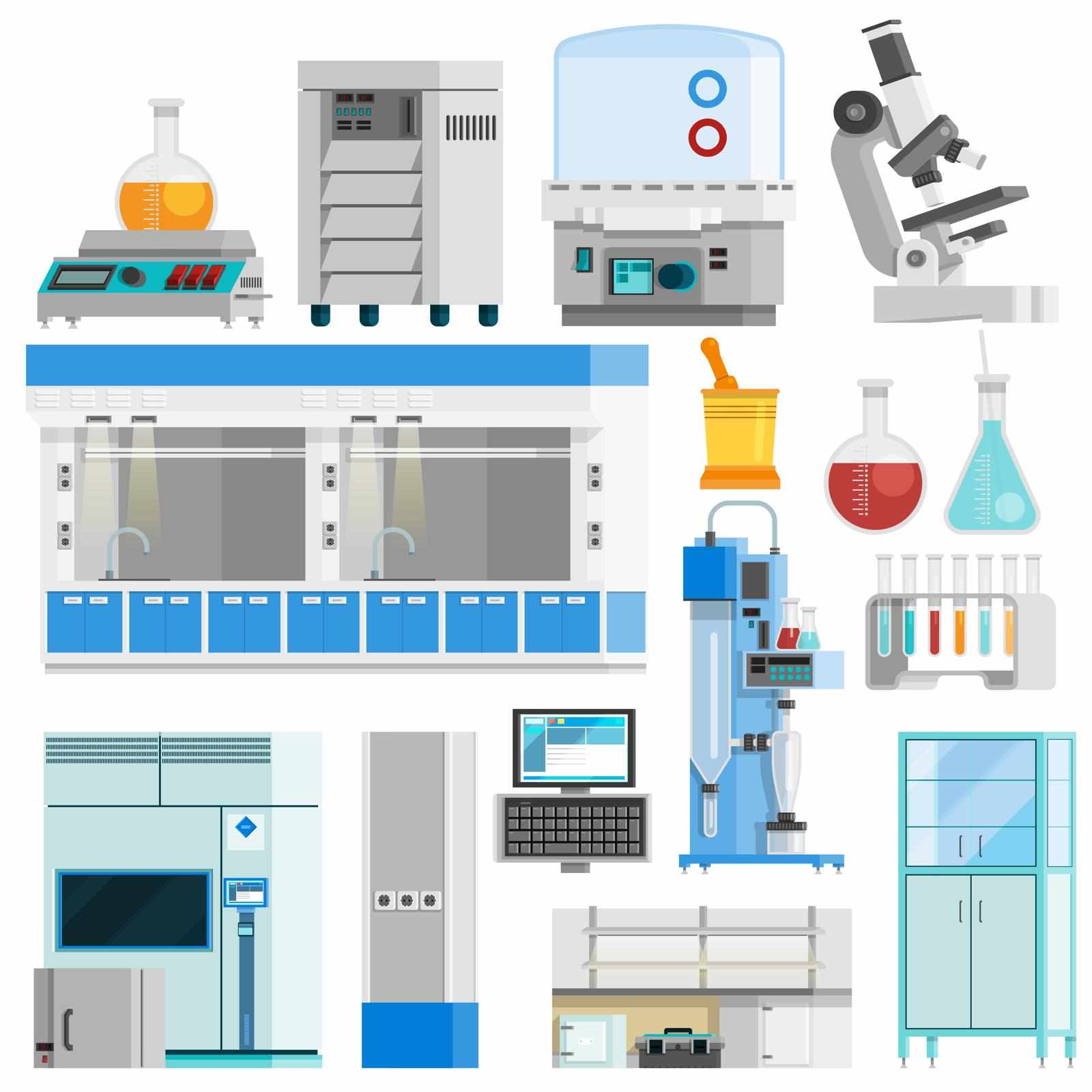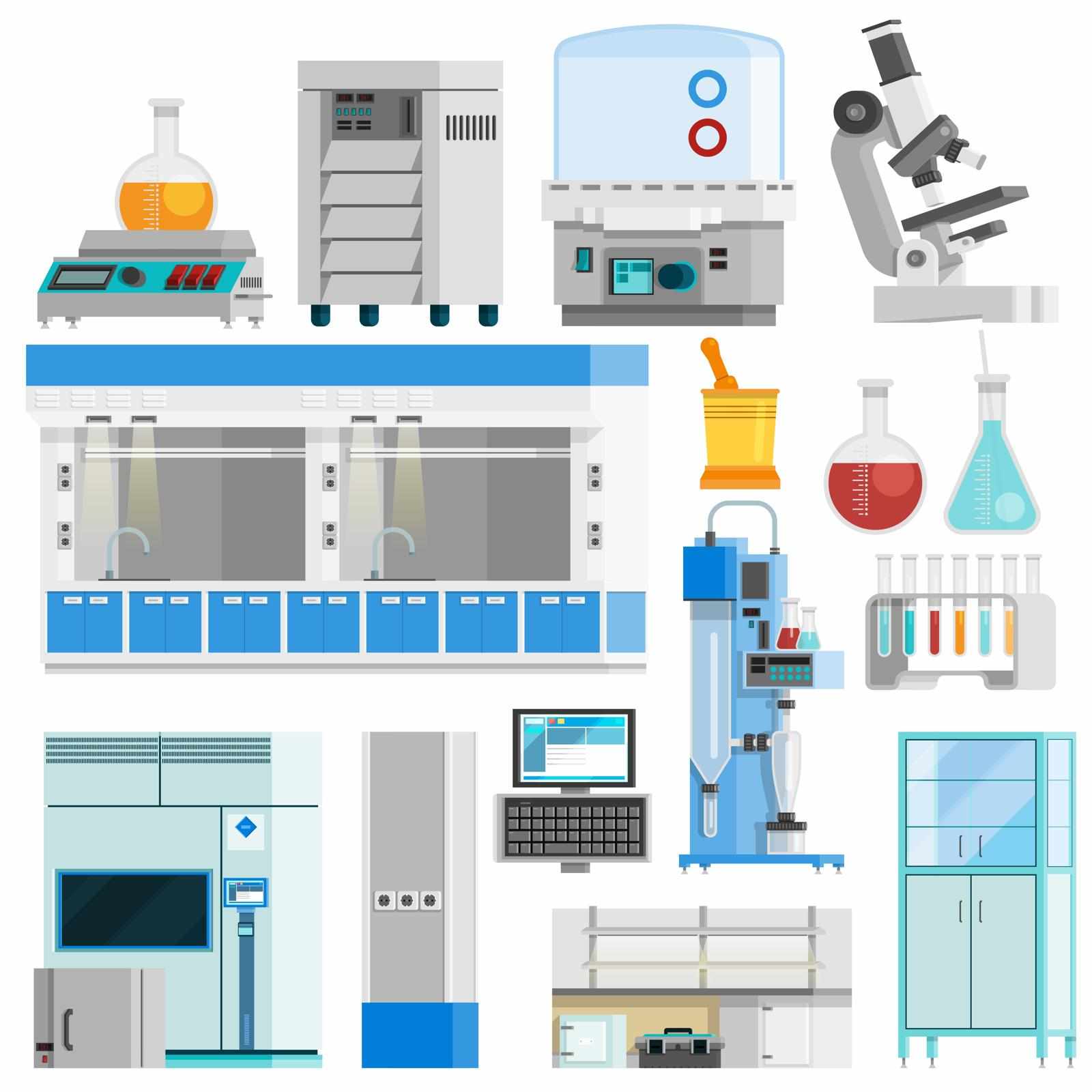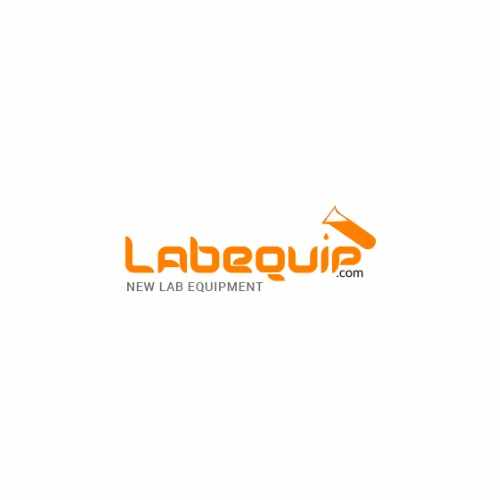
Buying lab equipment requires careful consideration of quality, price, and supplier reliability to ensure it meets specific research or educational needs. Whether purchasing new, used, or refurbished instruments, understanding the function and compatibility of each item is essential for efficient lab operation. Choosing the right supplier who offers a wide range of reliable equipment and timely support significantly impacts the success of any laboratory setup.
Technology and budget constraints often influence the decision-making process, making it important to explore options like specialized distributors, marketplaces, or reputable companies with tested products. They provide various solutions from glassware and consumables to advanced analytical instruments suited for different lab environments.
Lab managers and researchers benefit from assessing product specifications, warranty terms, and customer support services when deciding where to buy. This approach helps avoid common pitfalls such as purchasing incompatible or low-quality equipment that could disrupt workflows or lead to additional expenses.
How to Buy Lab Equipment
Purchasing lab equipment requires a careful approach to meet specific research goals, budget constraints, and operational needs. Prioritizing clear requirements, understanding the equipment options, and verifying quality help avoid costly mistakes and ensure long-term usability.
Determining Laboratory Needs
The first step is to define precise laboratory requirements. This involves identifying the type of experiments or analyses the lab will conduct and the volume of work it expects to handle. Equipment should match not only the immediate needs but also allow for potential growth or changes in research focus.
Users must consider space limitations, compatibility with existing instruments, and required throughput. Budget constraints also guide priorities, distinguishing critical tools from optional enhancements. Documenting these factors creates a benchmark for evaluating available equipment options and justifying purchases.
Comparing Equipment Types
Deciding between new, used, or refurbished equipment impacts cost, warranty, and support. New equipment typically offers the latest technology and full manufacturer support but comes at a higher price. Refurbished units provide a balance, often including warranties at a lower cost, while used equipment can save money but carries more risk.
It’s important to weigh these options based on lab goals and financial resources. Additional considerations include vendor reputation, after-sales service, and availability of parts or upgrades. A checklist comparing features, price, support, and reliability helps in making an informed choice.
Evaluating Quality Standards
Quality assessment involves verifying equipment performance, durability, and compliance with industry standards. Buyers should request documentation such as calibration certificates, maintenance history, and proof of compliance with relevant regulations.
Inspection, testing, and third-party reviews provide insight into the equipment's condition. For used or refurbished items, warranties and return policies are critical safeguards. Ensuring quality reduces downtime and maintains data accuracy, essential for reliable laboratory operations.
Best Places to Buy Lab Equipment
Lab equipment buyers should consider options that balance price, quality, and service. Different sources offer advantages depending on budget, urgency, and specific equipment needs.
Reputable Online Suppliers
Online platforms like LabX provide access to millions of new, used, and refurbished laboratory instruments. They offer extensive listings across categories such as incubators, autoclaves, and test meters.
These suppliers often include user reviews, detailed descriptions, and shipping options to Canada, the USA, and worldwide. Convenience and variety are key benefits, but buyers should verify warranty and after-sales support policies.
Some companies like Labequip and Canadian Lab Products Inc act as official distributors, ensuring authenticity and often providing consultation services. This is critical for buyers requiring technical support or customized solutions.
Local Laboratory Distributors
Local distributors specialize in supplying a broad inventory of high-quality lab consumables and equipment. Westlab Canada and similar providers focus on servicing Canadian laboratories with fast shipping and often same-day delivery options.
These distributors offer personalized customer service, expert advice, and access to niche products like HPLC/GC consumables, safety apparel, and lab chemicals. This direct contact can be crucial for urgent requirements or compliance with regional standards.
Working with a local distributor may also simplify returns and maintenance support compared to some larger online platforms, making them a reliable choice for ongoing lab operations.
Second-Hand Equipment Sources
Buying refurbished or used lab equipment is a cost-saving strategy often favored by startups and budget-conscious labs. Marketplaces such as LabX and other specialized sellers offer rigorously tested and refurbished instruments at affordable prices.
Quality varies considerably, so buyers should confirm refurbishment standards and equipment condition before purchase. Some sellers provide warranties and post-sale consultation, improving confidence in the purchase.
Used equipment sources can include auction sites and direct sales from labs upgrading their instruments. This option requires careful evaluation but can yield reliable equipment without the premium cost of new items.



Write a comment ...